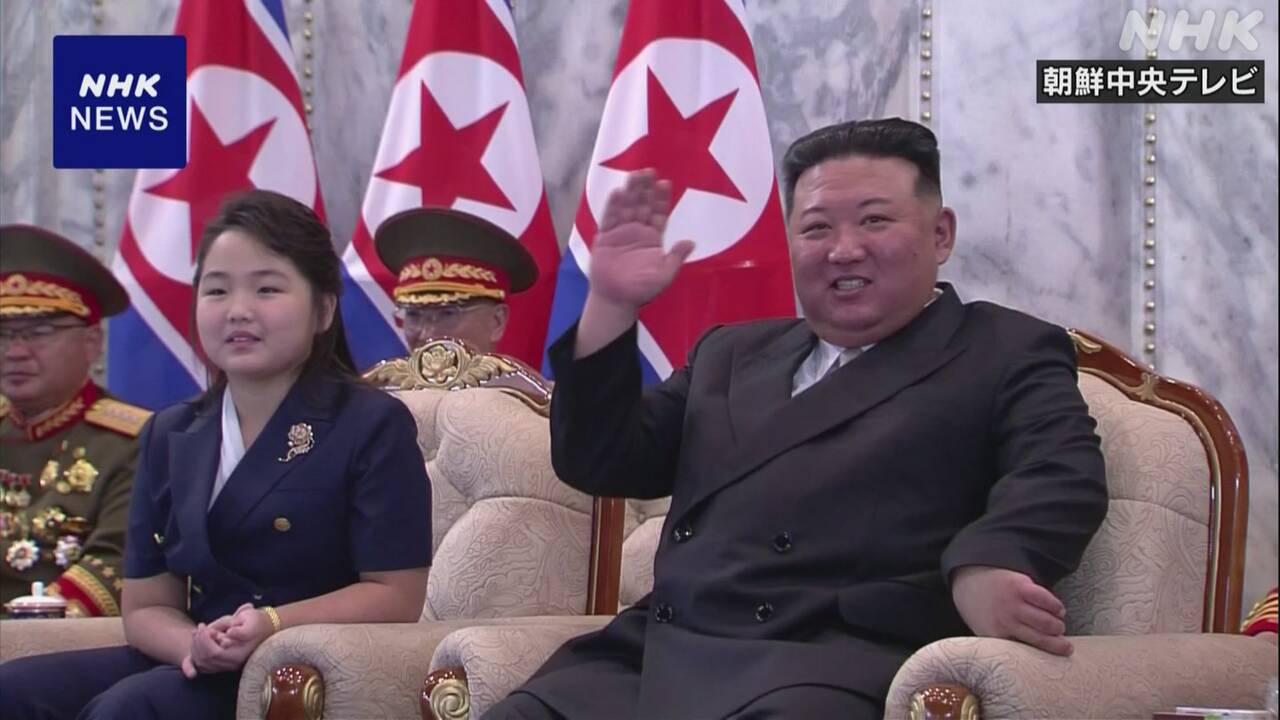The South Korean government has released a report based on a survey of more than 6,000 North Korean defectors. More than half of those who defected in recent years had a negative evaluation of the hereditary succession of power in North Korea's supreme leader, pointing out that critical views of hereditary succession are increasing.
South Korea's Ministry of Unification released a report on the 6th that surveyed 6,351 people who defected to North Korea by 2020.
The survey asked questions about North Korea's politics, society, and economy.
When asked about the hereditary succession of power to North Korea's supreme leader, 54.9% of those who defected in the five years up to 2020 answered negatively.
The report points out that ever since Kim Jong Un assumed power hereditary following his father's death in 2011, critical views of hereditary succession have grown stronger.
In addition, 83.3% of North Koreans who defected from North Korea after 2016 have watched videos of Chinese or South Korean dramas. This shows the high level of interest in foreign countries.
In addition, the report states that market transactions are becoming more active in place of the rationing system, which has virtually collapsed, and that some people have experienced buying, selling, or transferring housing, which is prohibited between individuals. This indicates the expansion of private economic activities.

